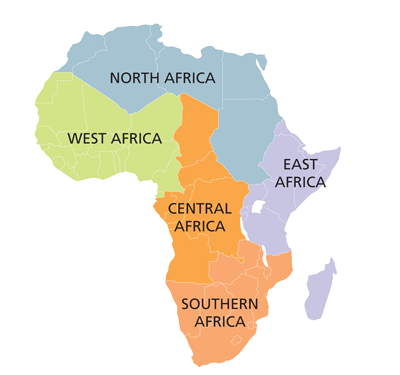A World Bank report titled Africa’s Pulse shows that Economic growth in the entire African continent slowed down to 2.3 percent in 2018 against a projected growth of 2.7 percent. The decline was mainly caused by weaker exports from oil-exporting countries such as Angola and Nigeria and a slowdown in other economies like South Africa, Zambia, and Liberia.
Countries that are not so reliant on commodities exports such as Kenya, Rwanda, Uganda, Benin and Côte d’Ivoire registered strong economic growth in 2018.
For the fourth year in a row, economic growth fell below population growth in the region. However, the World Bank is optimistic about the future and predicts that the continent’s economy will grow at 2.8 percent in 2019 and at 3.3 percent in 2020.
The report noted that African countries will continue to face tough external conditions due to the slowdown in developed and emerging economies. Additionally, trade disputes between the US and China are likely to affect economic growth in Africa. Availability of funds to African nations is expected to improve due to the Federal Reserve’s decision to retain rates at their current levels.
According to the report, African countries should use the digital economy to drive growth in the continent. Additionally, nations are advised to improve their debt management strategies, make good monetary policy decisions, and to create good governance structures that will lead to economic expansion.




